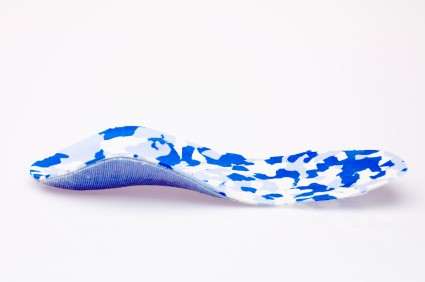
Foot Orthotics in Hamilton & Toms River, NJ
Custom orthotics are shoe inserts made specifically for your feet in order to treat foot pain, discomfort, deformities, or an abnormal gait or walking pattern. Orthotics can be prescribed to people of all ages, from young children to seniors. They are designed to cushion and support the feet, reduce symptoms of various foot disorders, and make going about your day-to-day life more comfortable.
When Custom Orthotics Can Help
A variety of foot conditions can warrant a custom orthotics prescription. Pain from chronic foot injuries, such as plantar fasciitis or a stress fracture, can be helped by wearing cushioning, or supportive orthotic inserts in your shoes. Symptoms from common foot deformities such as bunions and hammertoes can also be managed, and the progression of the disorders stopped or slowed down, by wearing orthotics. Foot structure abnormalities, like flat feet or high arches, can cause discomfort while walking or standing, which can be alleviated with orthotics. An abnormal gait, for example, one in which your feet turn too far inwards while walking, can also be corrected with custom orthotics.
If you are experiencing any foot pain or discomfort, please consult with a podiatrist. This specialist can determine if custom orthotics are right for you and prescribe them.
